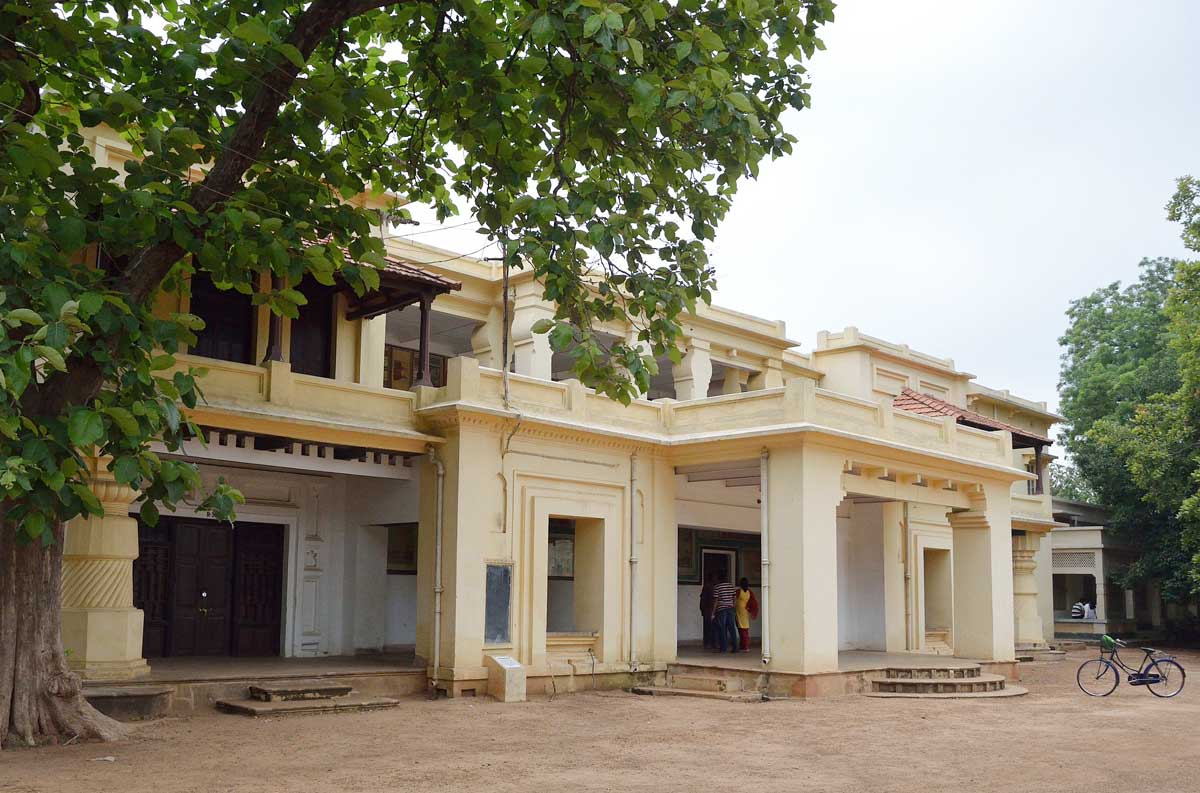Half a Life: The Remarkable Adolescence of Nobel Laureate Amartya Sen
History Indian HistoryPosted by NewAdmin on 2025-02-03 08:44:33 |
Share: Facebook | Twitter | Whatsapp | Linkedin Visits: 27

The Roots of Amartya Sen's Intellectual Journey
Amartya Sen’s memoir offers a fascinating glimpse into his formative years, spent in the inspirational surroundings of Shantiniketan, founded by the philosopher-poet Rabindranath Tagore. The school’s emphasis on creative thinking and holistic education played a pivotal role in shaping Sen’s approach to economics. Growing up amid the Bengal famine of 1943, Sen witnessed firsthand the devastating effects of hunger, a formative experience that would later inform his work on famine and development economics.
Intellectual Influences: Marx, Adam Smith, and Beyond
Sen’s intellectual development was deeply influenced by both Marx and Adam Smith, despite his own rejection of their ideologies. His respect for Marx stemmed from his focus on social equity and the liberty of thought, while his admiration for Smith extended beyond his work on free markets to his nuanced views on racism and slavery. This blend of influences helped Sen develop a balanced approach to tackling global issues like famine, ultimately earning him the Nobel Prize in 1998.
Debates, Democracy, and Development
At Cambridge, Sen’s encounters with economists like Peter Bauer and Maurice Dobb further honed his ideas on social choice theory and development economics. Despite his deep respect for British liberalism and its influence on India's development, Sen remains optimistic about India’s potential for progress, even without British rule. His views on India’s democratic evolution and the challenges posed by Hindu nationalism, however, present a more complex picture of India’s political landscape.
Looking Ahead: The Unwritten Half of a Distinguished Life
While Sen’s memoir concludes in 1964, well before his Nobel recognition or tenure at Cambridge, it raises intriguing questions about the latter half of his life. His reflections on India’s political and social issues—ranging from the complexities of famine to the legacy of British rule—invite further exploration. One can only hope that a future volume will provide a deeper analysis of his long career and continuing impact on global economic thought.
Search
Categories
Recent News
- Supreme Court Raises Alarm Over Activist's Health in Custody
- Andre Beteille: A Life Dedicated to Sociology's Evolution
- India's Cybercrime Fight: Billions Protected, Millions of Cases
- Bengaluru Siblings' Daring Escape: A Lesson in Communication
- Messi's Return to Roots: Newell's Daring Vision for 2027
- Hyderabad's Crime Rate Drops, But Challenges Remain
- Ferry Service Expansion: A Boost for Tourism in Tamil Nadu
- 'Culture Clash' in Adelaide: Racial Tensions Rise Over Park Usage
Popular News
- Navigating IPO Market Dynamics Amid Volatility and Regulatory Changes
- Massive Worldwide Microsoft Outage Disrupts Multiple Sectors
- Panjapur Bus Stand to Reshape TNSTC Routes
- తెలుగుదేశం పార్టీ - పేదరికాన్ని నిర్మూలించడంలో వాగ్దానం
- Universities Embrace Remote Learning Technologies Amidst Ongoing Pandemic